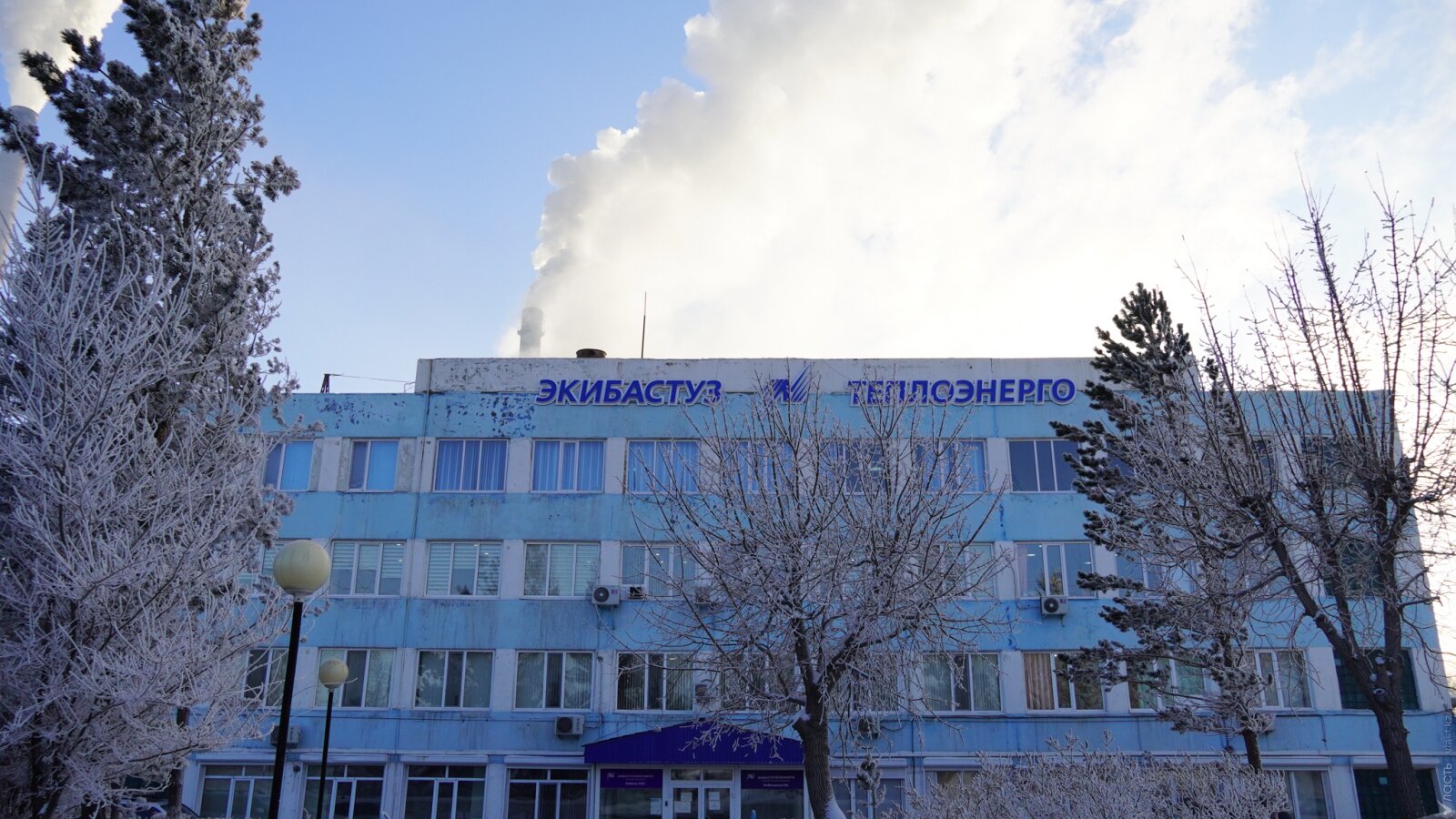The European Commission complained that the re-export of sensitive items via Kazakhstan to Russia is helping the latter circumvent western sanctions. Trade of sensitive items through Kazakhstan “has been increasing” and is now “at a much higher level compared to pre-invasion,” a EU Commission spokesperson told Vlast on June 7 in Brussels.
The ministry of energy said on June 6 that they will complete the information campaign related to the possible construction of a nuclear power plant in the next few months. A proposal to build a new power plant was discussed last summer in the town of Ulken, on the shore of the Balkhash lake. President Kassym-Jomart Tokayev said the country should decide on whether or not to build its first nuclear power plant this year by referendum.
The Supreme Court sent back for retrial on June 6 the case concerning the murder of four-year-old Aikorkem Meldekhan. In March, a soldier was found guilty and sentenced to seven years in prison. Meldekhan was the youngest victim of the repression of urban protests in January 2022 known as Qandy Qantar (Kazakh for ‘Bloody January’). At least 238 people were killed before and during the state of emergency.
The Supreme Court also refused to allow a cassation appeal in the trial against Marat Zhylanbayev, his lawyer told the press on June 5. In November last year, Zhylanbayev, a civic activist, was sentenced to seven years in prison for taking part in a “banned organization” and “financing an extremist organization”.
The government said on June 5 it will spend around $7.6 million in repair work at the coal power plant in Ekibastuz, in the northern Pavlodar region. Aging infrastructure in heating and electricity generation have caused repeated accidents in recent years. For repair work at the Ridder coal power plant, the government has already spent around $35 million with unsatisfactory results.
The ministry of energy said on June 5 that the long-delayed construction of a combined heat and power plant (CHPP) in Astana will be completed only in 2026. Construction work for the capital’s third power plant started in 2010 and last year then-Prime Minister Alikhan Smailov promised to finish construction by the end of 2023. Construction costs reached 146 billion tenge ($327 million), more than 40% over budget.
Four mid-level safety managers who worked at the Lenin mine were sentenced on June 6 for negligence, which led to the death of five workers in the aftermath of an accident in November 2022. The prosecutor said the management of ArcelorMittal Temirtau (AMT) was not aware of the safety violations. AMT, a subsidiary of Luxemburg-registered ArcelorMittal, was then the operator of the Lenin mine, before selling off its assets to a local investor that renamed the company Qarmet.
Global commodities giant Glencore is considering selling his stake in Kazzinc, a major mining company in Kazakhstan, Bloomberg reported on June 6. Kazzinc is the country’s main producer of zinc, lead, and precious metals. Bloomberg’s anonymous sources said the potential buyer could be a Chinese company. For years, Glencore has also mulled selling the Vasilkovskoye gold mine.
China’s NFC will build a copper smelter in the north-eastern Abai region after the government brokered an agreement with local miner KAZ Minerals, the prime minister’s office said on June 3. The $1.5 billion plant, with a yearly capacity of 300,000 tons of copper, will be located near Aktogay, the site of one of KAZ Minerals’ main mines.
The Prosecutor’s Office said on June 4 that a marine oil terminal formerly owned by businessman Askar Kulibayev was confiscated for ownership irregularities. Kulibayev, the father of Timur, one of Kazakhstan’s richest, had bought the terminal in 2011 through one of his companies. The transaction, however, was mired with irregularities, according to a court decision from late 2023 that was later confirmed in a specialized court in February 2024.
The Senate approved on June 6 a new draft law On Mass Media introducing new mechanisms restricting media freedom. The new law includes a monitoring system for violations “of moral, cultural, and family values”. Kanat Iskakov, the deputy minister of culture and information, said that while these aspects are not regulated by law, the government is preparing legislation to strengthen the protection of traditional values.
Поддержите журналистику, которой доверяют.








